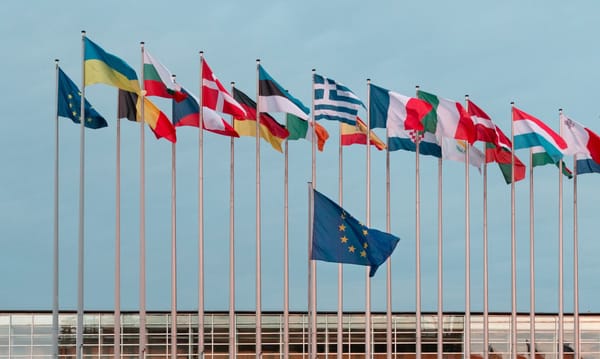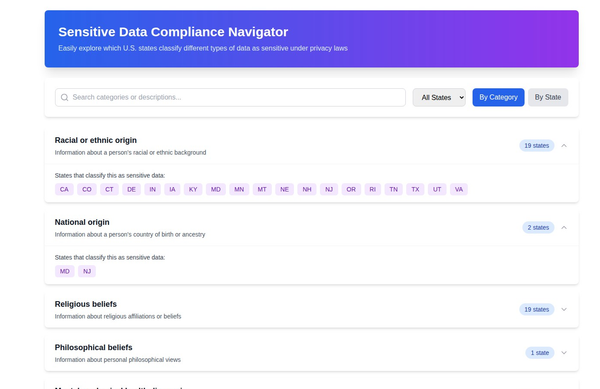The Changing Tide in Cybersecurity: An Examination of the Implications of Amended Cybersecurity Act in Singapore

Introduction:
In a rapidly digitalizing world where technological advancements are both boon and bane, cybersecurity has advanced towards the pinnacle of national priority. Singaporean prowess in technology adaptation over recent years is an assuring example of the same. Notably, major alterations in the national Cybersecurity Act clearly illustrate Singapore’s unwavering determination in fortifying its digital infrastructure against potential threats. This extended discussion aims to delve deep into the numerous implications and prospective impacts of these revisions on Singapore’s cybersecurity landscape.
Gov website:
https://www.pdpc.gov.sg/Overview-of-PDPA/The-Legislation/Personal-Data-Protection-Act
Restrategizing Regulatory Framework:
A pivotal driver behind the move to adjust Singapore's Cybersecurity Act is an acute demand to enhance the existing regulatory framework in charge of managing cybersecurity risks. Fostering a more impervious system that can not only foresee cyber risks but also respond efficiently in the face of both governmental and corporate cyber threats is the primary target.
The Expanded Definition of Critical Information Infrastructure (CII):
Singapore’s revisited legislature broadens the definition of Critical Information Infrastructure (CII) by adding more branches into the existing framework. The updated classification of entities recognized as CII extends to sectors fundamental to Singapore’s functionality, such as healthcare, telecommunications, transportation and banking. Crucial parts of Singapore's industrial landscape stand reinforced against cyber threats through this amendment.
Heightened Security Mandate:
In the endeavour to solidify Singapore’s cybersecurity measures, the updated Cybersecurity Act applies stricter security rules on CII owners. Mandates now include conducting risk assessments, reporting any security incident, and performing regular cybersecurity audits. Furthermore, CII owners are expected to prepare and enforce strong incident response strategies to alleviate the impacts of cyber threats promptly.
Extending Government's Power:
The revised Cybersecurity Act endows the Cyber Security Agency of Singapore (CSA) with advanced authority to enforce the updated regulations and ensure adherence. CSA now has the mandate to perform audits, issue executive orders, and penalize non-compliant entities. Rampant oversight helps organizations realize the weight of prioritizing cybersecurity, propelling them to employ preemptive measures against potential cyber threats.
International Cooperation and Collective Security:
Underlining the collective nature of cybersecurity, the revised law also encourages active collaboration on a global scale. Singapore's vision encompasses deepening its relationships with foreign governments, organizations, or partners unravelling the complexities and potential responses to cyber threats effectively. Such partnerships might take the shape of exchanging insights on cyber incidents, sharing best practices, and potentially planning joint training structures.
Boost to the Cybersecurity Industry:
This cyber-legal overhaul could potentially unlock doors to a plethora of opportunities within Singapore's cybersecurity industry. As companies venture to bolster their cyber stature, the need for cybersecurity solutions, expertise, and services will undoubtedly surge. This newfound demand could produce raving innovation sprees within the cybersecurity industry while pulling investments towards pioneering technologies.
Conclusion:
Initiating considerable changes to the Cybersecurity Act, Singapore anchors a robust commitment towards ensuring robust safety and resilience of its digital infrastructure. Such changes cement Singapore's cyber legal environment, safeguarding the country's foundational sectors, and encouraging global collaboration. As the nation sails towards becoming a world leader in cybersecurity, the amended Cybersecurity Act fosters solid cyber practices and bolsters the nation against a perpetually evolving cyber threat landscape.





